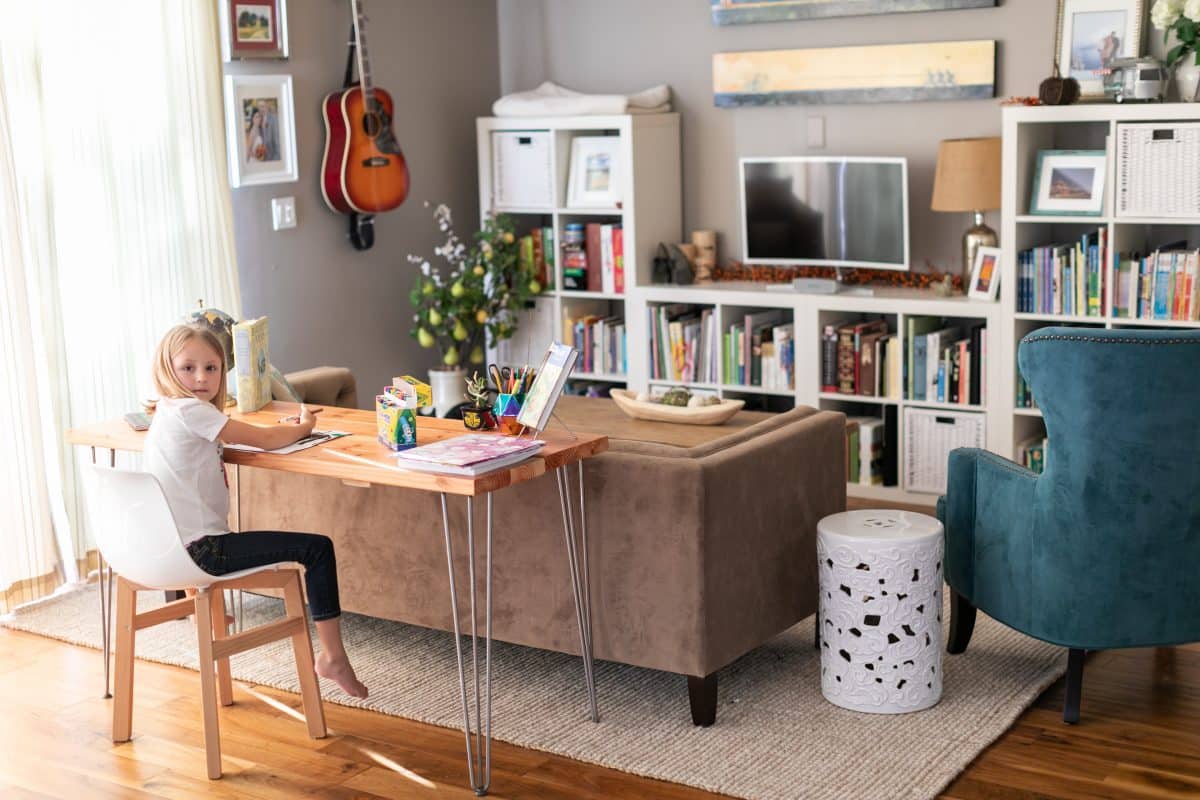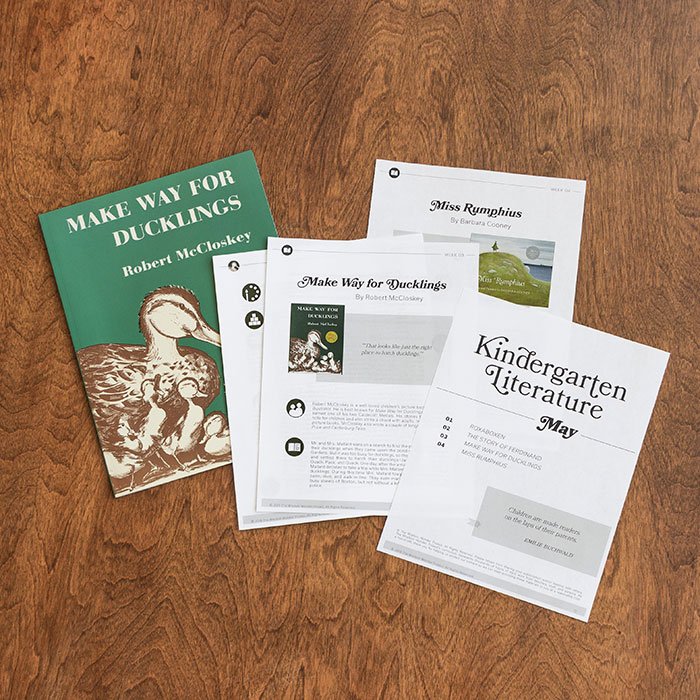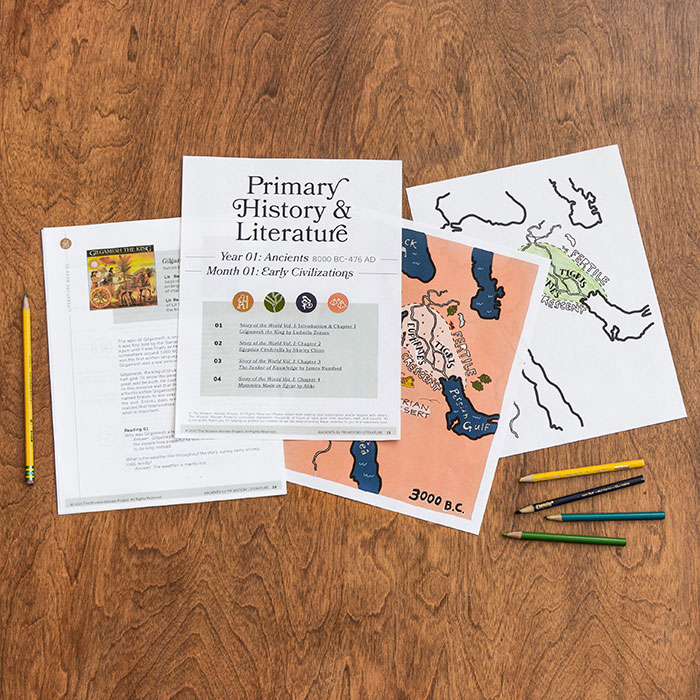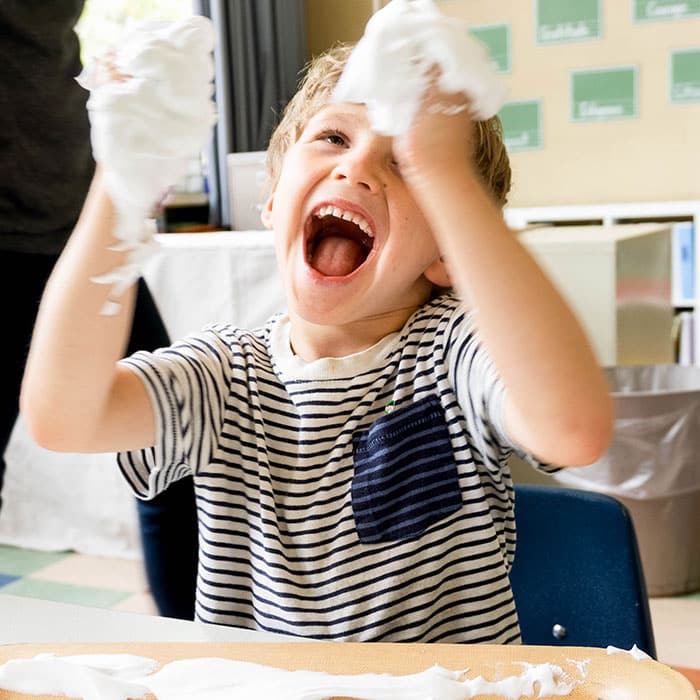Pandemic parenting is _______________ .
(You fill in the blank.)
Over the past week, I posed this question to parents, and they responded…
Ceaseless.
Survival.
Unusual.
Back to the basics.
Consuming.
Raw.
Rewarding.
Relentless.
Enlightening.
A job for three grown-ups.
Stressful.
Exposed.
Exhausting.
Vulnerable.
An adventure.
Constant.
Impossible when you have anything else to do.
So here we are alone together during the global coronavirus pandemic. We have never been here before. Whatever you are experiencing during this time, as new as it is, as scary as it may feel, and as distant as we all are from one another, you are not alone.
The more time we spend with our family members all cooped up together, the greater potential for conflict and challenges at home. If you’re like most families, right now there are more meltdowns and heightened irritability. I told my 13 year-old daughter about New York Governor Andrew Cuomo’s definition of cabin fever, and she responded with:
“I definitely have that.”
So how can we get through our days with some semblance of stability and balance? What can we keep in mind as we navigate through this time of distancing? We will all respond with coping of some kind. My intention here is to highlight some positive coping strategies that help build resilience and protect ourselves and our children from chronic stress. Here are some thoughts, six weeks and one day into our new reality.
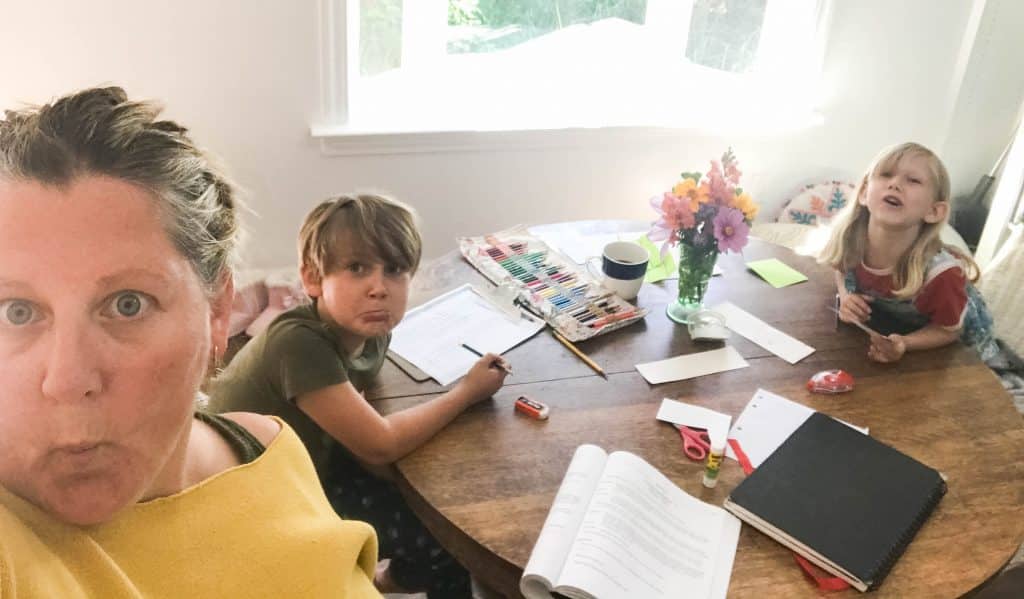
Offer yourself some grace
Acknowledge the weight you are holding. It’s real. If you have a moment, take a deep breath and exhale. Stress is running high right now. Whether it’s a lost job, an essential job, being high risk, a family member falling ill, or simply planning a trip to the grocery store, our survival instincts may be shifted into overdrive. Right now it may be challenging to have our “normal” bandwidth to deal with the “normal” challenges of parenting, much less pandemic parenting. Our job descriptions as parents expanded on March 13th, 2020.
Offering grace to yourself also takes the form of creating time for you. Whatever grounds you – a good night’s sleep, exercise, prayer, virtual happy hour with friends, mindfulness practice – do what you can to create space for it daily. If things start to unravel at home, physical movement can quickly shift our emotional states and help regulate our bodies. Jumping jacks, laps around the house, a dance party, or a 7-minute workout can do the trick for young and old alike. During shelter-in-place, exercise every single day if you can, even for a short time. Your ability to ride the waves of this time will help your children feel safe.
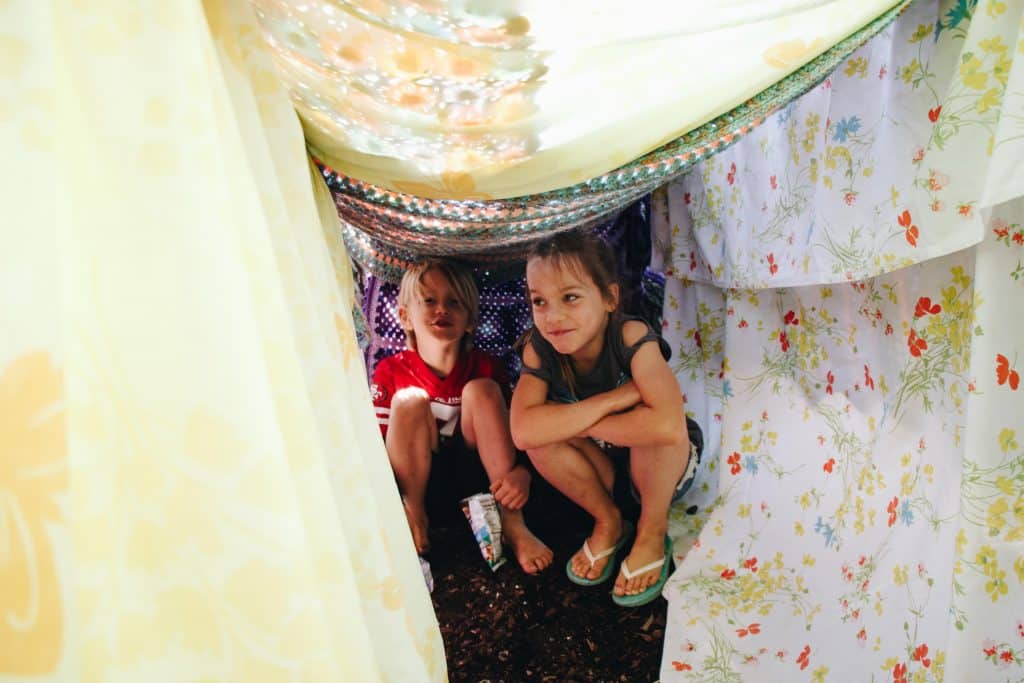
Declare the need for space
When my oldest daughter was three years old, her wise preschool teacher taught her the oh-so-helpful phrase: “I need space.” As a family, we’ve resurrected that phrase in our household recently (with us parents using it as frequently as the kids). For teenagers, space from parents is sorely missing during shelter-in-place. The other day while my husband was surfing, I went on a walk with our dog in the canyon where we live, leaving my oldest daughter with my 10-year old twins at home. On my way home, my teenage daughter called me on my cell phone and asked, “Mom, can you not come home?” I felt confused and immediately suspicious, as most parents of teenagers would likely understand. I asked if there was something happening that she didn’t want me to know about. She replied, “No. We are just having fun.” I chuckled and told her I would take an extra loop. When I finally arrived home, there was no catastrophe. I understood in that moment that what she was expressing was actually quite simple. She needed freedom and autonomy from her parents. She needed space. Teenage space.
Empathy, empathy, empathy
When you are in regulated, calm state, your integrated nervous system allows you to attune to your children and reach to them with empathy. Our children need a lot of empathy right now. As humans we feel safe when life is predictable. Life is not so predictable at the moment. Like us, our children’s worlds are turned upside down and their stress can come out sideways. While we all have most likely settled into some new routines, things are different for your kids. When you have the bandwidth, simply acknowledging the changes that have taken place and their feelings that surface along with them can help your child feel safe and understood. “I get it. You miss your teammates and playing soccer together. It’s not the same, is it?” or “I see how disappointed you feel, hun. Missing graduation is a big deal. I understand.” or “You are angry! You want things to be normal again. I do too. This is hard!” Just acknowledging your children’s inner world, without having to necessarily solve it in some way, tells your child that what they are experiencing is real and worth sharing. And in the sharing, the weight of it all doesn’t feel so heavy anymore.
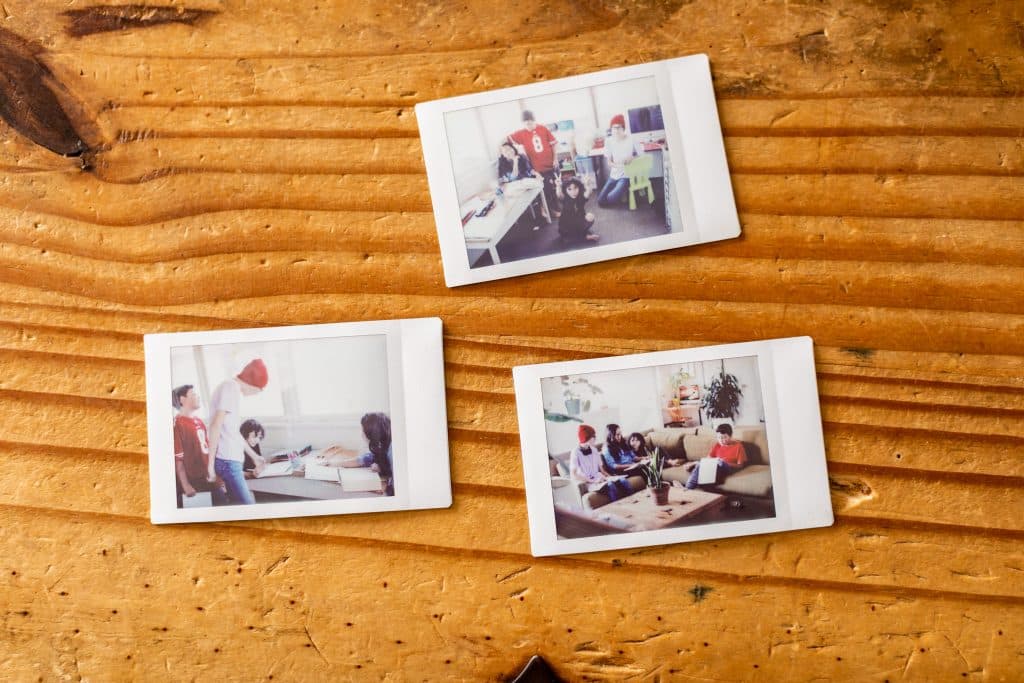 Tell the story
Tell the story
I’ve been thinking lately about telling the story of this time. In a way, it feels to me as if the story of our lives has been on pause, almost suspended in midair. It was breathtaking at how fast everything so important, so urgent was simply deleted from our schedules. Yet, in fact, living through this is part of our story. So what is it? What is our story? In The Whole Brain Child, Tina Bryson, Ph.D. and Dan Siegel, M.D. talk about the value of telling the story to deal with trauma- lowercase t traumas like falling and scraping a knee to uppercase T traumas like near death auto collisions. In telling the story with our children, we help them create a coherent narrative of their experience by weaving (1) the logical, chronological events with (2) the feelings that your child is experiencing, along with (3) a message of resilience. What is your story? How would you help your children tell their individual stories during this global pandemic?
Help your children feel a sense of purpose
Ok so this may feel like it is asking too much or striving too high. You may say you’re in survival mode here, and I completely understand. But helping your children feel a sense of purpose can actually help you. When our children are active, contributing members of the household, it gives them a sense of meaning and builds self-efficacy. Sure, they may roll their eyes and grumble when you tell them it is time to clean the bathrooms or exercise the dog, but the act of working together for the common good of the family provides protective benefits for them in the long term. Staying on track with school work or finding a new project to embark on instead of slacking off all day long can build self-esteem. Another version is doing acts of kindness that come naturally to your family, such as a thoughtful way to show appreciation for your child’s teacher or helping elderly neighbors with outdoor yard work when they can’t tend to it themselves. In my family, sending friendly wishes to others before bed is a ritual we enjoy right before sleep. We think of someone or a group of people who may need support, hold them in our minds, and send friendly wishes. “May you be happy, May you be healthy, May you be peaceful.” Whatever comes naturally to you to build connectedness during this time of separateness will help build that sense of purpose.
When I asked my three children what is most helpful for them during this time of shelter-in-place, my 10 year-old said, “I like it better when it’s peaceful and there isn’t so much stress and so much conflict.” As she uttered those words, I thought back to all of the stressful conversations or arguments that have arisen since mid-March. I understood what she meant. The conflict feels weighted right now. While we as parents can work to reduce the amount of conflict, remember that rupture is part of life and so is repair. After a conflict, particularly a significant one, we can make sense it together. In our family, kids apologize and parents apologize. We make it right and move on. And in doing so, this process of rupture and repair draws us even closer together as a family.
I invite you to ask your family what is helpful for them during this global pandemic and even, if you have the space to hear it, what has been hard for them. And just listen to their words. You can even share your experience with them too.
I’ve heard from families that while there is struggle, they are also reflecting on the beauty that has arisen in this unexpected pause. Some parents have shared gratitude for the opportunity to slow down and delight in their children. Others have sent messages expressing that they are grateful for living in a developed country with access to food, clean air and outdoor space. What do you and your kids feel grateful for?
We will end where we started. Pandemic parenting is ______________. How would you fill in the blank? I’d love to hear your story. Email me: [email protected].
Whole Brain Child protige, Lea Payne Scott, M.P.H. is a Social and Behavioral Health Educator who offers classes and consultations to parents and educators on the Central Coast. Working at the intersection of neuroscience, mindfulness, psychology and health promotion, Lea uses a whole-brain approach to helping children, families, and classrooms thrive.
Learn more about Lea and her work at www.leapaynescott.com.
